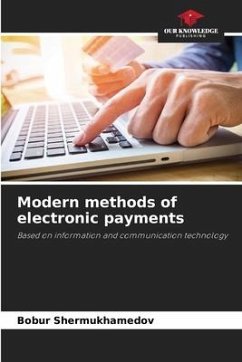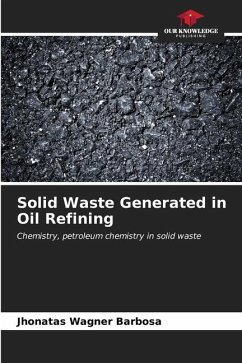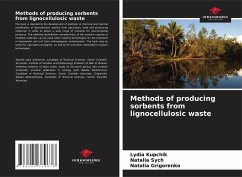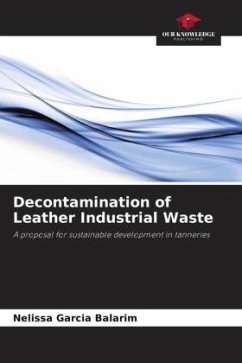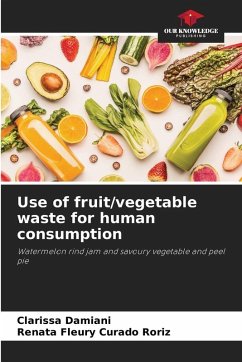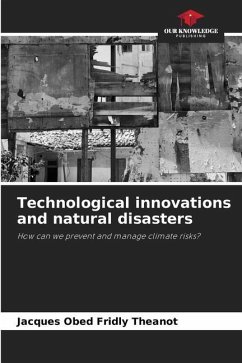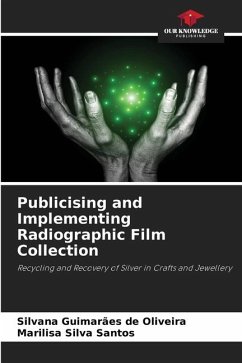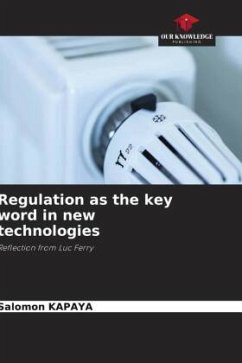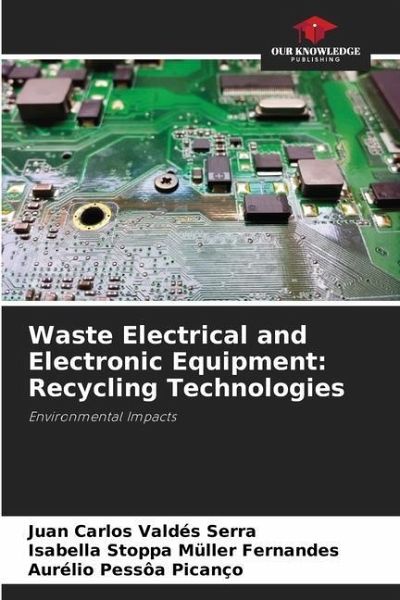
Waste Electrical and Electronic Equipment: Recycling Technologies
Environmental Impacts
Versandkostenfrei!
Versandfertig in 6-10 Tagen
27,99 €
inkl. MwSt.

PAYBACK Punkte
14 °P sammeln!
The study's objective is to conduct a diagnosis on the issue of Waste Electrical and Electronic Equipment (WEEE) in Brazil (technologies, characterization and environmental impacts). WEEE contains materials that can be recycled and recovered, furthermore, this equipment presents pollutant and harmful substances to human health and the environment. Printed Circuit Boards (PCBs) are components present in all electronic goods, composed of base and precious metals, which stimulates studies as to their recycling. Studies present in detail the stages of board recycling, which consist of disassembly,...
The study's objective is to conduct a diagnosis on the issue of Waste Electrical and Electronic Equipment (WEEE) in Brazil (technologies, characterization and environmental impacts). WEEE contains materials that can be recycled and recovered, furthermore, this equipment presents pollutant and harmful substances to human health and the environment. Printed Circuit Boards (PCBs) are components present in all electronic goods, composed of base and precious metals, which stimulates studies as to their recycling. Studies present in detail the stages of board recycling, which consist of disassembly, processing and refining. There are pyrometallurgical, semi-automatic and automatic methods to perform the separation of metals. In Brazil, some companies perform WEEE recycling, as pre-treatment, forwarding the waste (mainly PCBs), to partner companies. Like any activity, the recycling of metals from plates reduces the Environmental Impacts, presenting, as the main positive impact, the reduction of the extraction of raw materials from nature.



